Judge Orders Trump to Pay More Than $US350 Million for Lying About His Wealth
Former president Donald Trump has been barred from serving in a top role of any New York company for three years.
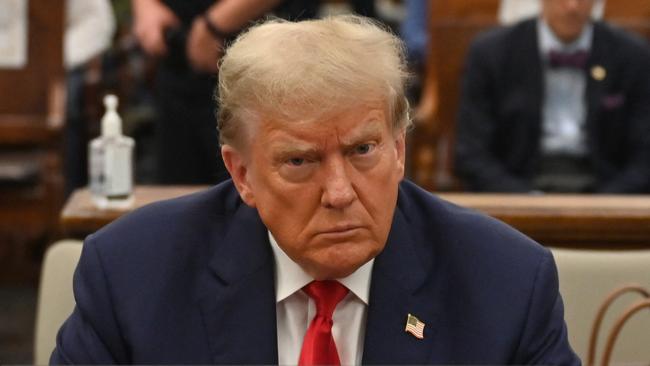
A Manhattan judge ordered former president Donald Trump and his business to pay more than $US350 million ($534m) and barred him from serving in a top role of any New York company for three years, ruling he fraudulently inflated his wealth for financial gain.
The decision by Justice Arthur Engoron threatens to shake up the leadership of Trump’s family company, the Trump Organisation, now run by his sons Eric Trump and Donald Trump Jr. The judge barred them from holding a position as an officer or director of a New York company for two years.
Engoron, who previously held that Trump had violated a New York fraud statute, also concluded Friday that Trump, his eldest sons and two former top finance executives were civilly liable for falsifying records, issuing false documents and related conspiracy offences. The case stemmed from a lengthy state probe of low-interest financing deals Trump made with lenders before his political rise.
Engoron said Trump and his associates “did not rob a bank at gunpoint. Donald Trump is not Bernard Madoff. Yet, defendants are incapable of admitting the error of their ways.”
“Their complete lack of contrition and remorse borders on pathological,” the judge wrote in the 92-page decision. “They are accused only of inflating asset values to make more money. The documents prove this over and over again.”
Trump, who appears to be marching toward the Republican presidential nomination, denounced the case as a partisan abuse of the justice system and vowed to fight on.
“This ‘decision’ is a Complete and Total SHAM. There were No Victims, No Damages, No Complaints,” Trump said in a written statement.
The Trump Organisation called the ruling “a gross miscarriage of justice.”
“Every member of the New York business community, no matter the industry, should be gravely concerned with this gross overreach and brazen attempt by the Attorney-General to exert limitless power where no private or public harm has been established,” the company said.
An appeals process could take more than a year, which could delay any enforcement of the penalty and sanctions against Trump in the short term.
Trump’s net worth has been estimated at around $3 billion, much of it in New York real-estate holdings, hotels, golf resorts, clubs and licensing deals. In a deposition last year, he testified as having more than $400 million in cash.
The new penalties compound the financial burden on Trump, who separately faces a recent $83.3 million judgment stemming from a defamation lawsuit filed by writer E. Jean Carroll.
The case centres on property valuations in financial statements signed by Trump and his sons. Trump, in loan agreements, promised he would maintain a net worth of at least $2.5 billion. Deutsche Bank, his principal lender, required him to submit annual statements certifying his compliance.
The loans, which helped Trump expand his portfolio of golf resorts and hotels, came under scrutiny in 2019 after his former personal attorney, Michael Cohen, alleged in congressional testimony that Trump had improperly inflated his wealth.
New York Attorney-General Letitia James, a Democrat, sued Trump in 2022, alleging that he and his finance team systematically exaggerated the value of his marquee Manhattan skyscrapers, luxury estates and other assets. Finance executives, she claimed, used dubious investment metrics, buried low appraisals, disregarded land-use restrictions and misrepresented cash holdings out of his control. Most flagrantly, she alleged, executives concocted $200 million by tripling the square-footage of his Trump Tower triplex penthouse in Manhattan.
“Donald Trump is finally facing accountability for his lying, cheating and staggering fraud,” James said.
Her office claimed that banks would have charged Trump interest rates several times higher had they had a more accurate accounting of his wealth – and demanded that he pay the state back the difference.
She originally sought $250 million in penalties but recently ratcheted up her request to $370 million, which she alleged constituted all the ill-gotten financial gains that filtered down from his financial deceptions.
Engoron ordered Trump to pay a total of $355 million to the state. A little less than half of that amount was based on an estimate of the money he saved from low-interest rates. He included another $187 million that Trump made from two real-estate deals that the judge said were aided by Trump’s fraudulent accounting.
The two sons must each pay $4 million in penalties, the judge said.
Trump and the Trump Organization were also banned for three years from applying for loans from any financial institution registered or chartered with New York state.
In one notable shift, the judge backed away from a previous directive in which he appeared to order the wind-down of some Trump businesses.
Trump can post a bond through insurance companies to avoid paying the judgment right away. That will likely require him to put up collateral tying up hundreds of millions of dollars of his assets.
Engoron issued his ruling after presiding over a monthslong nonjury trial, which Trump often attended and used as a platform to vent his grievances.
Trump, who is also contending with charges in four criminal cases, has raised money and his standing among Republicans by painting himself as a victim of Democratic law-enforcement officials. He has attacked the Manhattan civil-fraud case as particularly unjust, hurling salvos of insults at James and Engoron on social media and at times to the judge’s face inside the courtroom.
James, meanwhile, has said Trump’s antics were an attempt to distract from the fact that he broke the law. The attorney general’s office relied on financial documents that Trump and his eldest sons personally signed that certified the accuracy of the valuations.
Trump testified during the trial that he mostly relied on his accounting team to quantify his worth and occasionally asked them to make adjustments on valuations that he thought were too low or high.
His lawyers argued that the valuations had a plausible basis and that James was targeting private business deals in which lenders made a profit and never alleged any breach of contract.
Deutsche Bank assumed from its own analysis of Trump’s properties that his net worth was billions lower than what his statements said. No representatives of the bank testified that they would have priced the loans any differently. Bank employees testified that they longed for his business.
Unless Trump settles the claims, it will now be up to appeals courts to decide whether the penalties and sanctions should stand. The appeals fight will likely focus on whether the state established Trump’s liability under a state fraud statute intended to combat consumer scams and corporate malfeasance that harms the marketplace. Trump’s lawyers also have argued that most of the claims in the attorney general’s lawsuit should have been dismissed for falling outside the statute of limitations.
His lawyers already persuaded a state appeals court to put on hold an earlier Engoron order directing the appointment of a receiver to dissolve some of Trump’s companies.
The Wall Street Journal

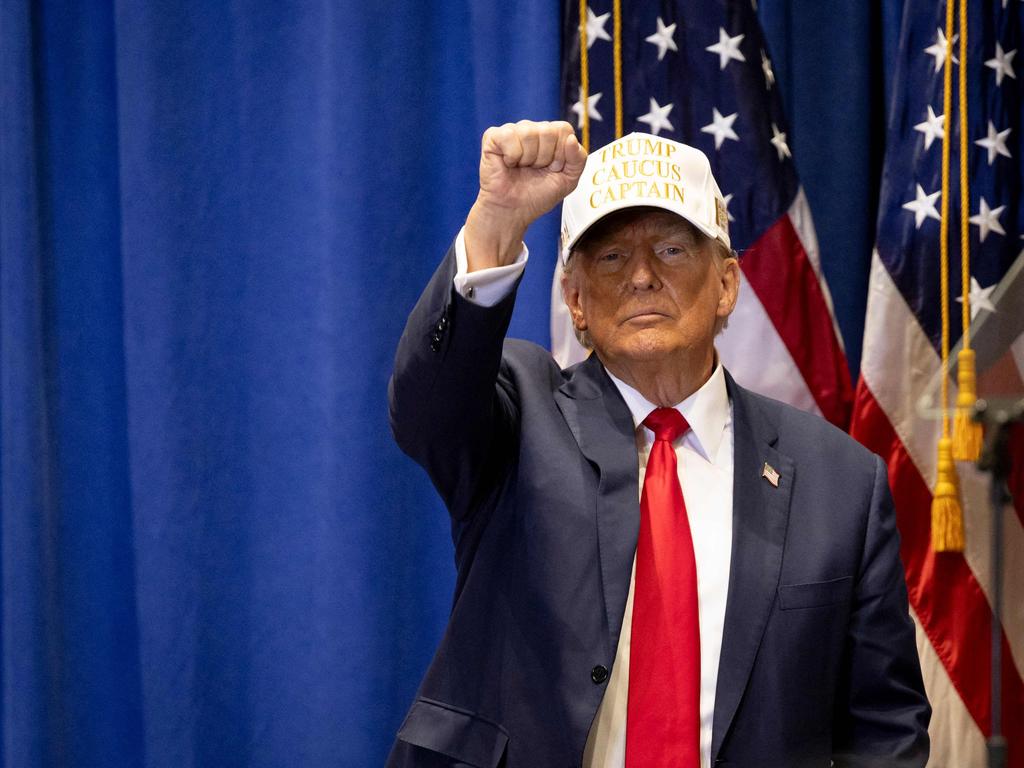
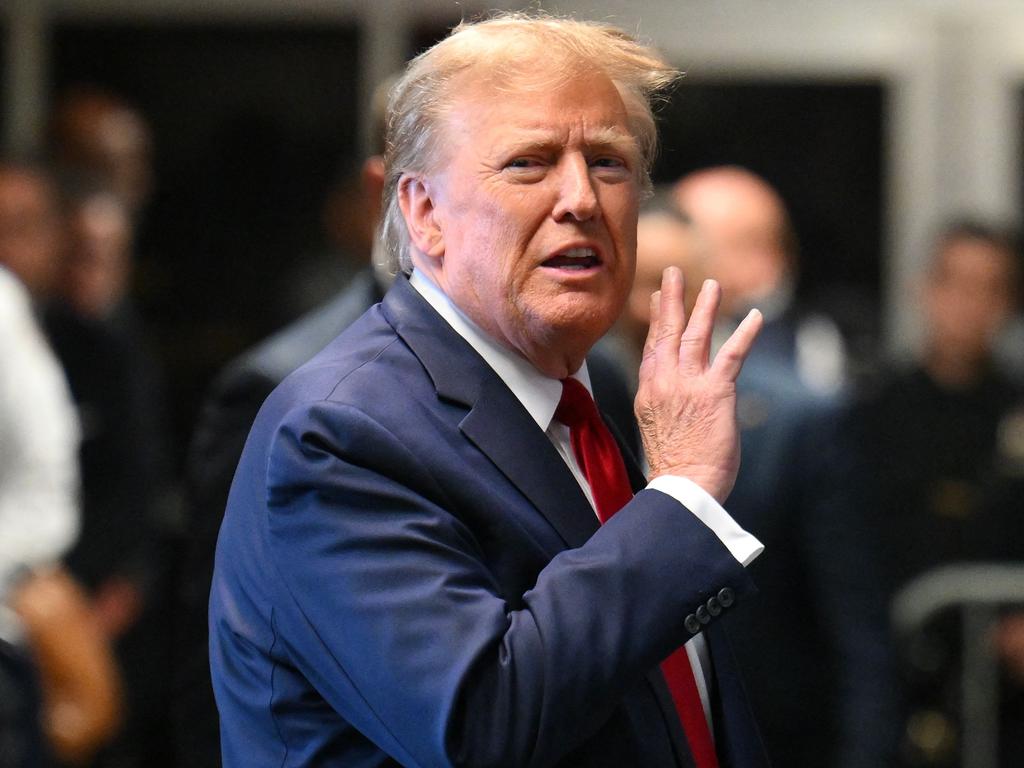
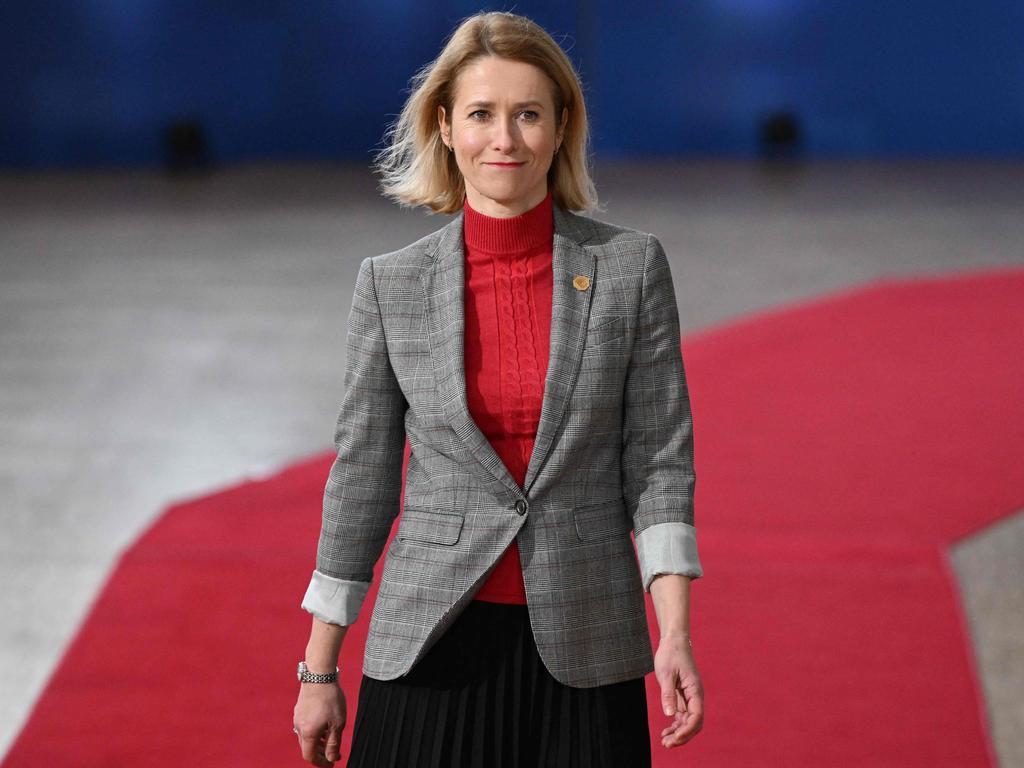
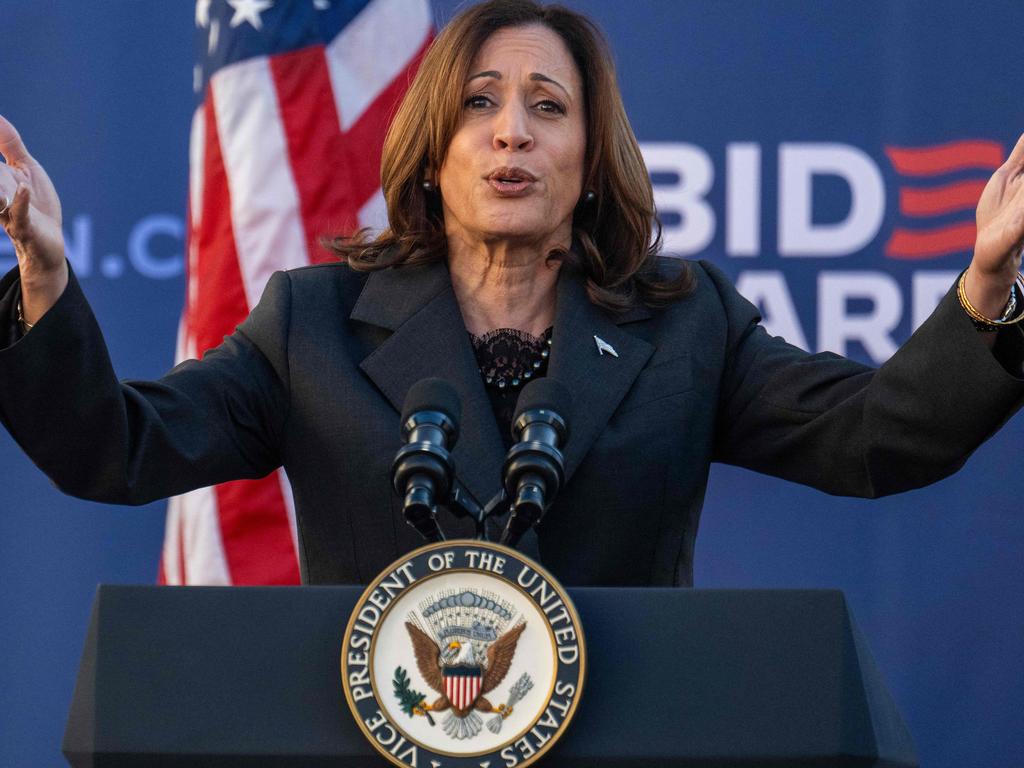


To join the conversation, please log in. Don't have an account? Register
Join the conversation, you are commenting as Logout